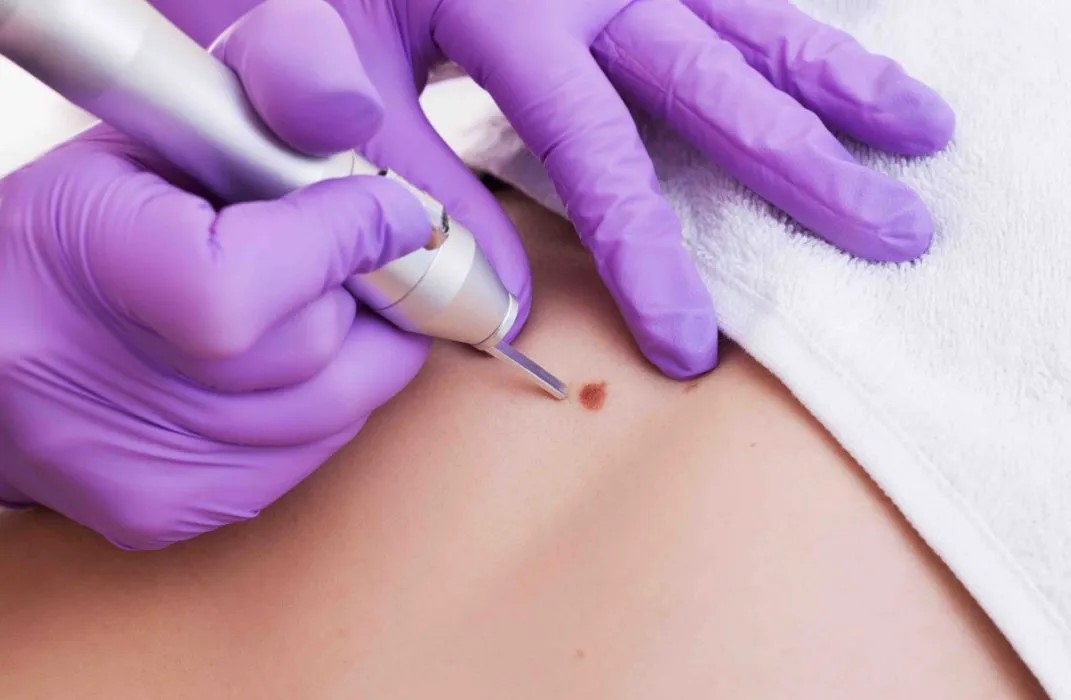Genital warts, caused by the human papillomavirus (HPV), are a common sexually transmitted infection that affects millions of people worldwide. While often harmless, these small, flesh-colored bumps can cause discomfort and distress. In this article, we'll explore various treatment options for genital warts, from medical interventions to home remedies, helping you make informed decisions about managing this condition for Genital Warts Removal.
Understanding Genital Warts: Causes and Symptoms
Genital warts are primarily caused by certain strains of HPV, a virus transmitted through sexual contact. The most common symptom is the appearance of small, flesh-colored bumps in the genital or anal area. These warts may vary in size and texture and can be clustered or singular.
HPV Infection
HPV infection is incredibly common, with many individuals being carriers without experiencing symptoms. However, certain high-risk strains can lead to genital warts or even cervical cancer in some cases.
Signs and Symptoms
Apart from visible warts, other symptoms may include itching, discomfort, and bleeding during intercourse. It's essential to seek medical attention if you suspect you have genital warts or notice any unusual changes in your genital area.
Importance of Seeking Treatment
While genital warts may resolve on their own, seeking treatment is crucial for several reasons. Firstly, treatment can help alleviate symptoms and reduce the risk of spreading the infection to others. Additionally, addressing genital warts promptly can prevent complications and provide peace of mind.
Medical Treatment Options
Several medical treatments are available for genital warts, depending on their size, location, and severity.
Topical Treatments
Topical creams and solutions containing ingredients like imiquimod or podofilox can be applied directly to the warts to promote their removal.
Surgical Procedures
In cases where topical treatments are ineffective, surgical interventions such as excision, laser therapy, or electrocautery may be recommended to remove the warts.
Cryotherapy
Cryotherapy involves freezing the warts with liquid nitrogen, causing them to fall off over time. This procedure is commonly performed in a healthcare provider's office and may require multiple sessions for optimal results.
Home Remedies for Genital Warts
In addition to medical treatments, some individuals may explore home remedies for managing genital warts. While these methods are not supported by scientific evidence, some people find them helpful.
Apple Cider Vinegar
Apple cider vinegar is a popular home remedy for genital warts, believed to work by acidic action. However, its effectiveness and safety have not been established through clinical research.
Tea Tree Oil
Tea tree oil is another natural remedy touted for its antiviral properties. Applying diluted tea tree oil to the affected area may help reduce inflammation and promote healing.
Garlic
Garlic is thought to have antimicrobial properties and has been used traditionally to treat various skin conditions, including genital warts. However, more research is needed to confirm its efficacy.
Natural Remedies: Do They Work?
While natural remedies like apple cider vinegar, tea tree oil, and garlic may offer temporary relief, there is limited scientific evidence to support their effectiveness in treating genital warts. It's essential to approach these remedies with caution and consult a healthcare professional for personalized advice.
Prevention Strategies
Preventing genital warts begins with practicing safe sex and reducing your risk of HPV infection.
Safe Sex Practices
Using condoms consistently and correctly can reduce the risk of HPV transmission during sexual activity. Limiting your number of sexual partners and choosing partners who have been vaccinated against HPV can also lower your risk.
HPV Vaccination
HPV vaccination is available for both males and females and can protect against the most common strains of the virus responsible for genital warts and certain cancers. Vaccination is recommended for adolescents and young adults before they become sexually active.
Consulting a Healthcare Professional
If you suspect you have genital warts or have been diagnosed with HPV, it's essential to consult a healthcare professional for evaluation and treatment. A qualified healthcare provider can assess your condition, recommend appropriate treatments, and provide support throughout the process.
Cost Considerations and Insurance Coverage
The cost of genital warts treatment can vary depending on the type of intervention required and your location. Some medical treatments may be covered by health insurance, so it's essential to check with your provider to understand your coverage options.
Potential Risks and Side Effects
Like any medical intervention, treatments for genital warts carry potential risks and side effects. These may include skin irritation, scarring, or recurrence of warts. It's essential to discuss these risks with your healthcare provider before undergoing treatment.
Patient Testimonials and Success Stories
Many individuals have successfully managed genital warts with the help of medical treatments and lifestyle changes. Hearing from others who have gone through a similar experience can provide reassurance and encouragement during your journey.
Conclusion
In conclusion, genital warts are a common and treatable condition caused by HPV infection. From medical interventions to home remedies and prevention strategies, there are various options available for managing this condition. By seeking timely treatment and adopting preventive measures, you can reduce the impact of genital warts on your health and well-being.






Comments